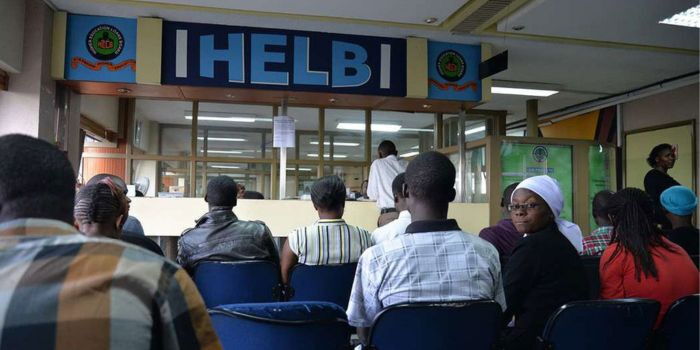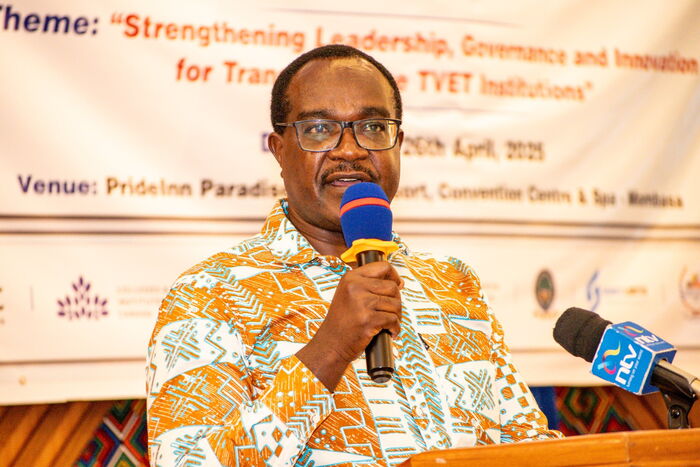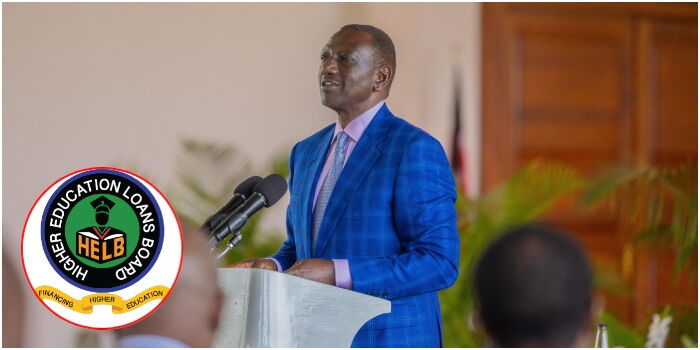For many families across Kenya, the journey to higher education has always come with heavy financial stress. But this week, hope has been restored for thousands of first-year university students after the Higher Education Loans Board (HELB) confirmed that 136,634 students have received loans for the 2025/2026 academic year.
The announcement was made by Education Cabinet Secretary Julius Ogamba in an official notice to universities, calling it a strong sign that the government is serious about making higher education more affordable.
“These awards show the Government’s commitment to making sure no qualified student is left behind just because of money challenges,” CS Ogamba said.
The loans were disbursed on 15th August 2025, marking the first time the Student-Centred Funding Model has been fully rolled out. This new system is designed to provide support based on the needs of each student instead of applying the same formula to everyone.
According to the Ministry of Education, the fees payable per semester will now range from as little as Ksh5,814 to a maximum of Ksh75,000. The amount depends on the student’s background, financial need, and the type of academic program they are studying.
“Following the Government’s directive to lower the cost of university programs, the contribution per semester has been adjusted. Students will now pay between Ksh5,814 and Ksh75,000 depending on need,” the official statement explained.
The HELB loans are structured to cover not just tuition but also upkeep, which is a huge relief for students leaving home for the first time. For many, it means they can focus on learning instead of worrying about how to survive.
One first-year student who received the award shared their joy:
“This loan will really help me. My parents were very worried about paying fees and giving me money to survive at school. Now I can breathe easier.”
The Education Ministry has directed universities to access the tuition loan allocations through the HELB institutional portal. Students, on the other hand, have been advised to check their upkeep loan status via the HELB student portal on the Higher Education Financing website.
This digital approach aims to make the process faster and more transparent, reducing delays that in the past forced some students to miss classes or exams.
Education CS Ogamba emphasized that the government is committed to equity. “This progress reaffirms our commitment to quality and equitable access to higher education, ensuring that no qualified student is left behind,” he said.
The move comes at a time when many households are still struggling with the rising cost of living. Parents who once considered university education impossible for their children are now feeling more hopeful.
A parent from Kisumu expressed gratitude, saying:
“This is the best news we have received this year. My daughter can now join university without me selling my land. We thank the government for listening to parents.”
For many Kenyan families, education is seen as the gateway to a better future. This policy shift could change the lives of not just students, but entire communities.
While loans provide critical support, HELB reminded students that they are responsible for repaying after completing their studies. This is important to ensure sustainability for future generations of learners.
A HELB officer noted:
“We are giving these loans in good faith, but students must take responsibility once they graduate and are employed. That is how we keep the system alive.”
The Ministry of Education believes that strengthening higher education directly supports national growth. By giving more young people access to university, the government hopes to create a workforce that will drive Kenya’s development agenda.
CS Ogamba concluded:
“When our young people succeed in education, the whole nation benefits. This is why we continue to invest in higher learning.”
Experts believe that with more young Kenyans accessing affordable education, the country could experience a boom in innovation, research, and skilled labor. This, in turn, can boost economic growth, reduce poverty, and open new opportunities.
Students and parents are now looking forward to a smoother university experience with less financial strain.






